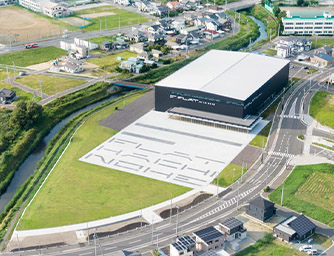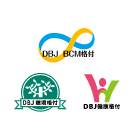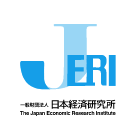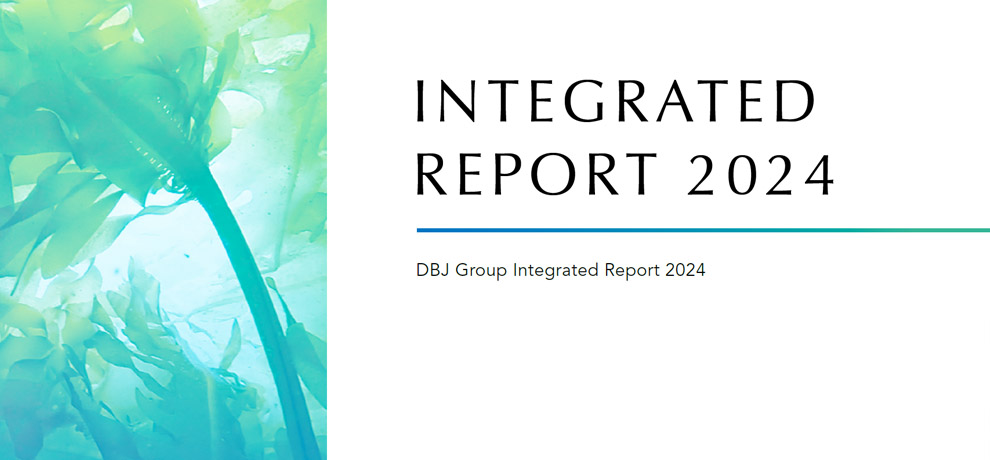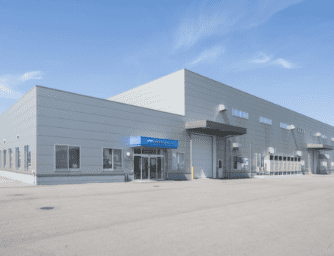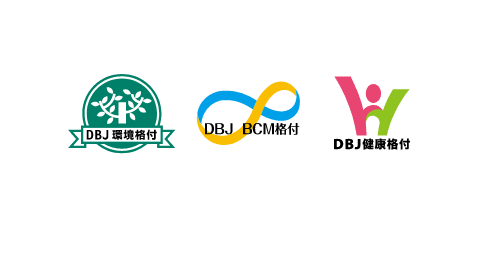Regional Contribution(Community)
The change in population demographics due to a low-birth, aging society is a social issue unique to Japan. DBJ believes that this issue is likely to intensify, particularly in regional areas, going forward and plans to collaborate with local and other financial institutions to combine financing and other knowhow to provide multi-faceted solutions.
Collaboration and Cooperation with Regional Financial Institutions
Business feasibility assessments in collaboration with local financial institutions
Working with regional financial institutions, DBJ provides to the clients of regional financial institutions support for assessing the feasibility of businesses that propose solutions to management issues. Based on an analysis of macroeconomic conditions and individual companies, DBJ engages in fact-finding to identify management issues at clients, and then presents its findings in an easy-to-understand format.
DBJ subsequently comes up with various financial solutions to the identified issues to help its clients formulate their own growth strategies and drum up business. Employees dispatched to DBJ from regional financial institutions are given opportunities to gain knowledge through on-the-job training while performing business feasibility studies of the clients of their own bank. DBJ holds study groups to help regional financial institutions gain a better understanding of business feasibility assessments.
Initiatives in PPP/PFI and Public Asset Management via Collaboration with Local Governments and Regional Financial Institutions
Public asset management refers comprehensively to the reassessment of assets held by local governments from a management perspective. DBJ assists numerous local governments in this regard, helping them create plans and draw up individual projects with group think tanks.
DBJ set up PPP/PFI Promotion Centers in June 2013. While planning and holding its PPP/PFI Academy seminars, DBJ offers regional platforms for cooperating at the national level. In these and other ways, DBJ has made a concerted effort to expand the use of PPP/ PFI, putting into place a structure for promoting their use. In particular, the PPP/PFI Academy encourages roundtable discussions and the sharing of advanced case studies through a teleconference system that connects all of DBJ’s bases. In its ninth year, the PPP/PFI Academy has welcomed a cumulative total of about 7,000 people as participants.
Collaboration for M&A of Local Companies and Overseas Information Dissemination
DBJ helps local companies address various management issues,such as business restructuring and succession as well as expansion of business domains, including overseas expansion. As part of efforts to revitalize regions through collaboration with regional financial institutions, DBJ creates M&A opportunities for local companies through its network of regional banks (74 banks as of March 31, 2019). DBJ also provides information to regional financial institutions helping local companies get a toehold in Asian markets through its Asia Financial Support Center (67 regional banks as of March 31, 2019).
Provision of Knowledge about Local Issues
Green Infrastructure
As a noteworthy event in fiscal 2018, DBJ published a research report entitled “DBJ Workshop on Green Infrastructure for Rebuilding Urban Frameworks: Proposal for Sustainable Urban Redevelopment with Green Infrastructure.”
Green infrastructure is designed to increase greenery in urbanareas and replace certain functional aspects of conventional infrastructure in terms of disaster preparedness and the environment. Attracting attention in recent years, green infrastructure enhances the appeal of cities and increases sustainability. It is expected to help alleviate financial burdens while updating infrastructure.
DBJ created the DBJ Workshop on Green Infrastructure for Rebuilding Urban Frameworks, chaired by Associate Professor Takanori Fukuoka from the Tokyo University of Agriculture, and invited President Takashi Onishi of the Toyohashi University of Technology as an advisor as well as Distinguished Professor Shiro Wakui from Tokyo City University and others as leading experts to the workshop. Discussions covered several topics related to facilitating green infrastructure in society. The work group’s report outlines the discussions undertaken by the experts and suggests ways to implement green infrastructure in society based on their discussions.
Smart Venues and Estimations of Economic Scale of Sports Industry
In conjunction with the Smart Venue Workgroup (Chair: Professor Yoshiyuki Mano from Waseda University Faculty of Sport Sciences), DBJ published a research report titled “Creation of Sports-Oriented Communities with Smart Venues® —Multi-function Facilities as Venues for Community Exchange.” With this publication, DBJ began to focus on responding to requests for advice from local governments and business entities considering upgrades to stadiums and sports arenas across the country. In October 2018, DBJ began working with Cerezo Osaka Sports Club on its business model, the first time DBJ has collaborated with a local professional sports company.
In the joint research paper “Estimations of Economic Scale of Japan's Sports Industry” published by Doshisha University in March 2018, DBJ estimates the economic scale of the sports industry was ¥6.6 trillion in 2011. In light of this estimate, in “the Future Investment Strategy 2018,” it is written that, with the cooperation of DBJ, the government will examine methods to estimate the size of the sports market on an ongoing basis in a format that facilitates international comparisons.
Regional Revitalization with Traditional Japanese-Style Homes
DBJ provides information and advice about creating economic value with traditional Japanese-style homes with the aim of using such homes to stimulate regions. In recent years, DBJ has published research reports, including one titled “Regional Revitalization Using Traditional Japanese-style Homes to Create Economic Value,” which discusses the potential market for repairing and remodeling traditional Japanese-style homes and the economic boost from overseas tourists staying at these homes, as well as “Key Points for Businesses Using Traditional Japanese-style Homes,” which introduces example business models for using such homes and reference benchmarks for business revenue.
Research into Reviving Traditional Manufacturing Industries
DBJ has published a research report titled “Research into Reviving Traditional Local Manufacturing Industries.”
As everything becomes more rationally and efficiently homogenous, alongside the ultimate development of an industrial society with artificial intelligence and the maturation of globalism, the unique characteristics of countries and regions, rooted in their respective cultures, histories, nature, and geographies, are likely to become more important factors behind differentiation. Among the regional revitalization initiatives it has taken since 2014, DBJ also aims to revitalize industry that uses local resources. In this report, published in 2018, DBJ describes issues and the development potential of traditional regional manufacturing, using the “traditional manufacturing industry” as a case study.
- Sustainability
- Sustainability News
- Message from the President
- Sustainability Management System
- Policy on Sustainability
- DBJ Group Human Rights Policy
- Value Creation Process
- Priority Areas for the Achievement of Vision 2030
- Resolving Social Issues and Creating Value Through Our Core Businesses
- Fundamental Activities
- Collaboration with Stakeholders




